P181 Sharps Injuries and Safer Sharp Protocols
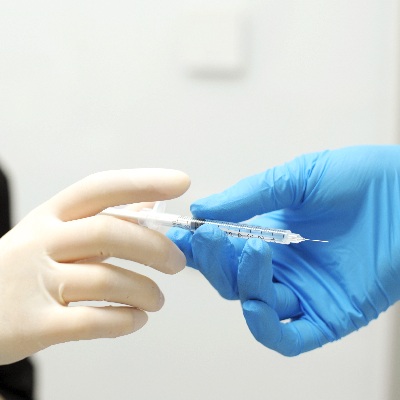

of verifiable CPD
This online training course equips dental professionals with the essential knowledge and skills to handle sharps safely an...
More Info Purchase CPDThis course provides learners with information about infection control and decontamination in the dental practice.
The aim of this course is to equip learners with up to date knowledge in all areas of infection control within practice.
During this course learners will be able to:
After completing this course, learners will be able to:
GDC
CQC


of verifiable CPD
This online training course equips dental professionals with the essential knowledge and skills to handle sharps safely an...
More Info Purchase CPD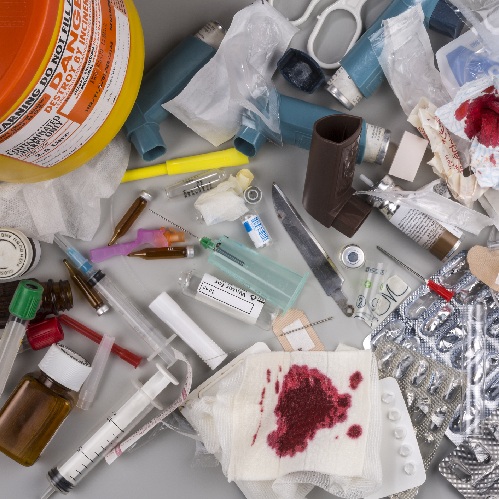

of verifiable CPD
This course will teach learners how to comply with the waste disposal training requirement of HTM 07-01.
More Info Purchase CPD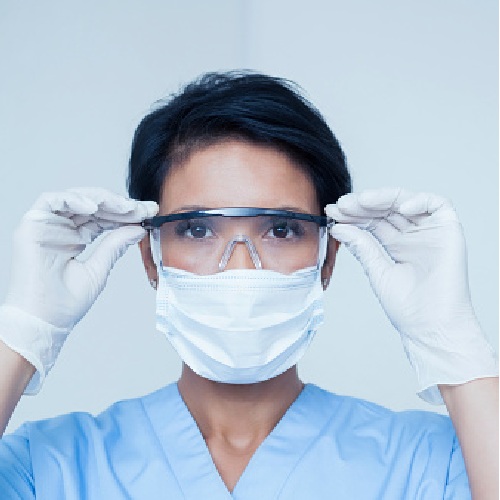

of verifiable CPD
This course will provide learners with essential information about personal protective equipment and why it is required.
More Info Purchase CPD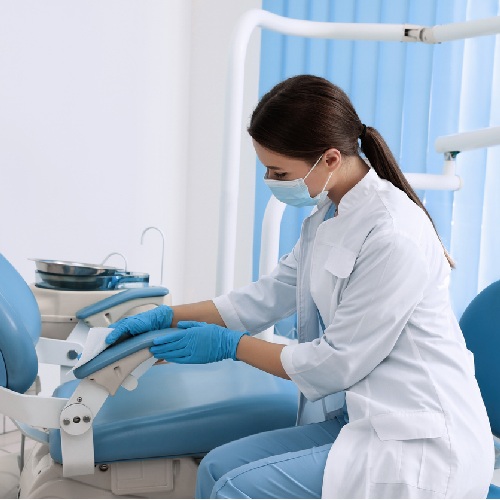

of verifiable CPD
This course will provide learners with an understanding of what is meant by surface cleaning is and when it should be perf...
More Info Purchase CPD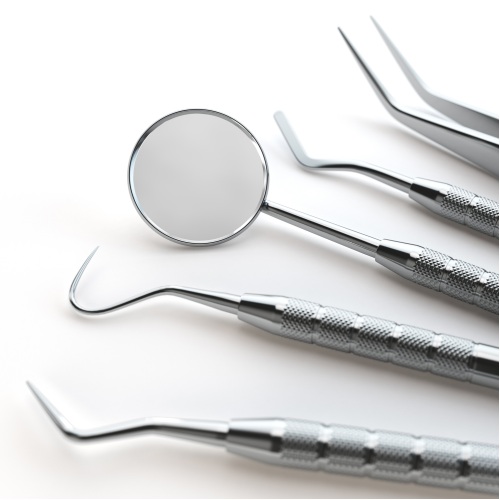

of verifiable CPD
This course outlines the requirements for reprocessing dental instruments and will help learners to comply with HT...
More Info Purchase CPD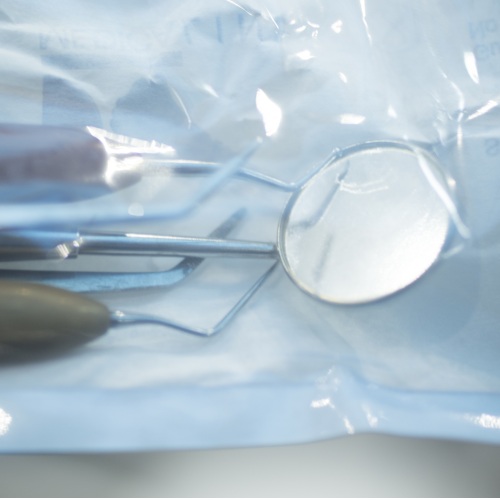

of verifiable CPD
This course aims to provide learners with an in-depth look at the transportation, packaging and storage of dental instrume...
More Info Purchase CPD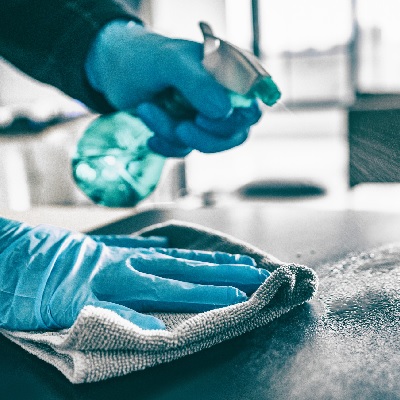
of verifiable CPD
This recorded webinar looks at the different types of pathogens and highlight the requirements to mitigate the risks based...
More Info Purchase CPD